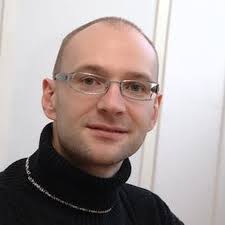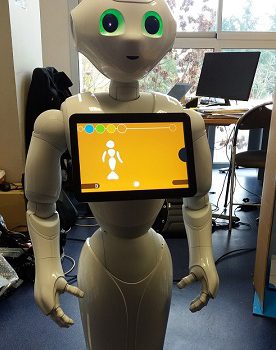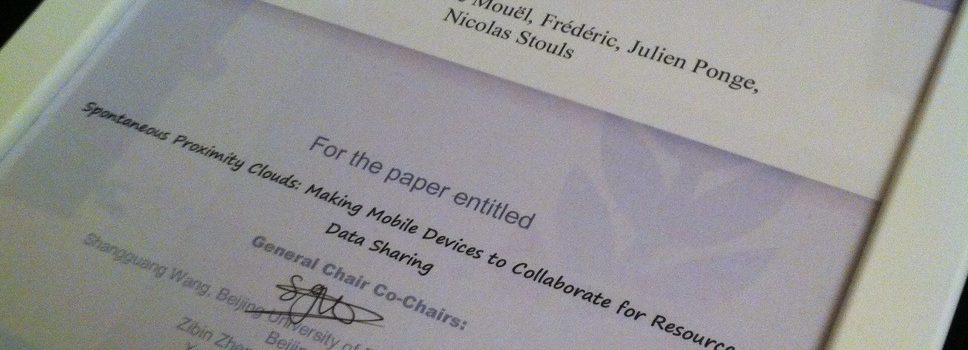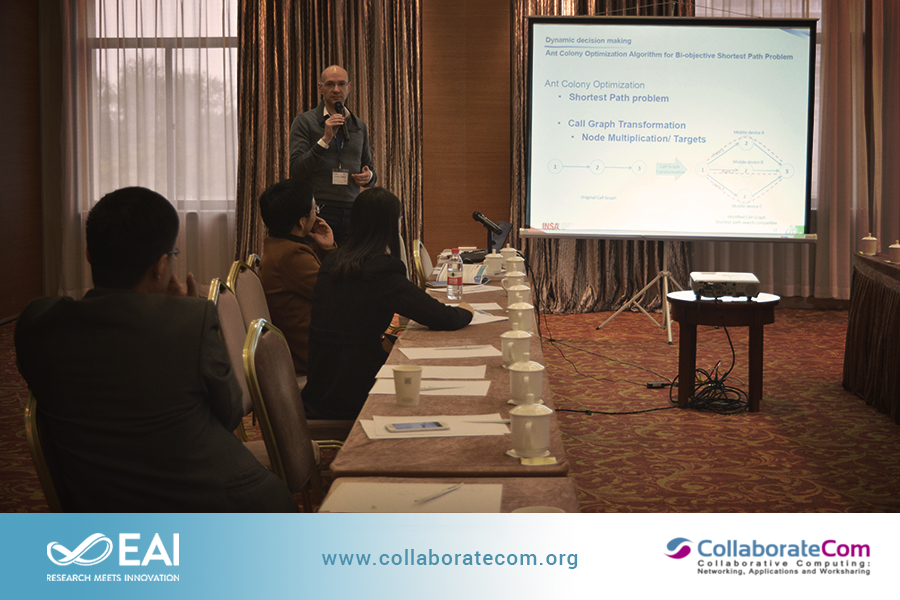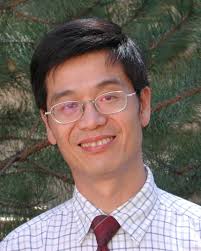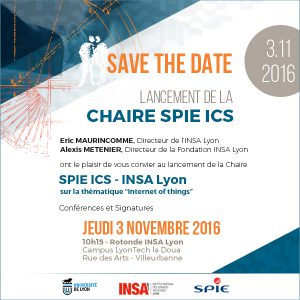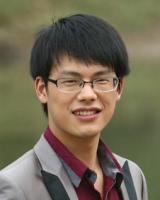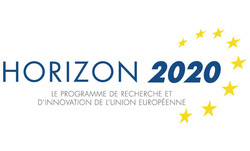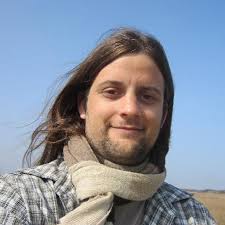
The defense will take place on Monday 19th December at 10:00 in the Chappe Amphitheater, Claude Chappe building, INSA Lyon.
The presentation will be held in French with slides in English.
Jury
Reviewers
Thierry TURLETTI, Inria- Sophia Antipolis
Pascale MINET, Inria- Paris
Examiners
Pascal THUBERT, Cisco Systems
Philippe OWEZARSKI, CNRS- Toulouse
Isabelle GUÉRIN-LASSOUS, Lyon 1 University
Advisors
Dominique BARTHEL, Orange Labs- Meylan
Fabrice VALOIS, INSA Lyon
Fabrice Theoleyre, CNRS- ICube
This thesis work has been done in collaboration between Orange Labs, INSA Lyon, ICube, and Inria UrbaNet in the CITI Lab.
Abstract
We evaluate the benefits earned by sharing an architecture among different traffic flows, in order to reduce the costs of deployment, obtaining a wide coverage through efficient use of the capacity on the network nodes. We thus need to ensure a differentiated Quality of Service (QoS) for the flows of each application.
We propose to specify QoS contracts, namely Service Level Agreements (SLAs), in the context of the IoT. SLAs include specific Key Performance Indicators (KPIs), such as the transit time and the delivery ratio, concerning connected devices that are geographically distributed in the environment. The operator agrees with each client on the sources and amount of traffic for which the performance is guaranteed. Secondly, we describe the features needed to implement SLAs on the operated network, and we organize them into an SLA management architecture.
We consider the admission of new flows, the analysis of current performance and the configuration of the operator’s relays.

